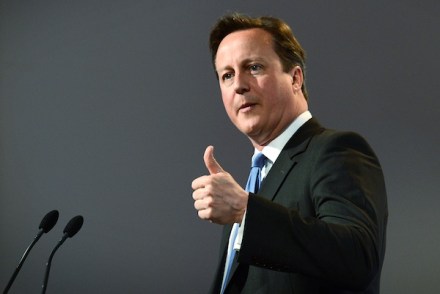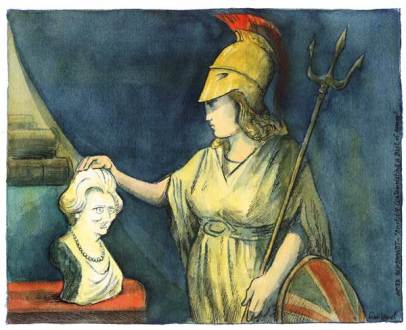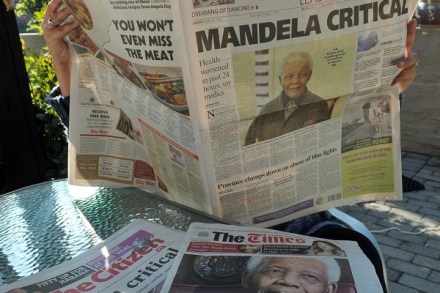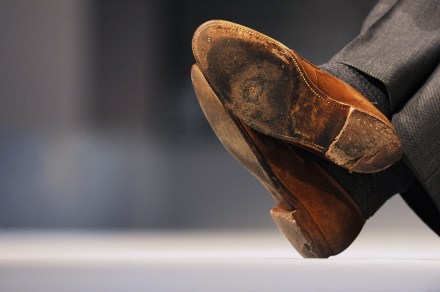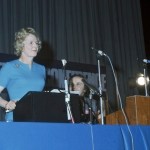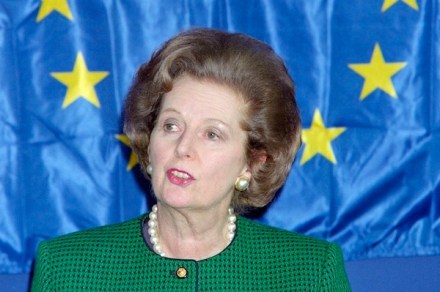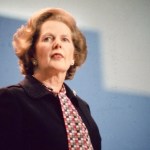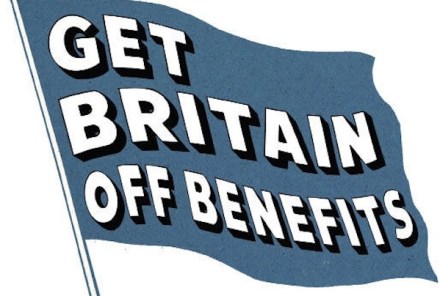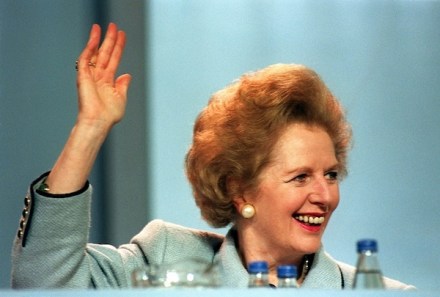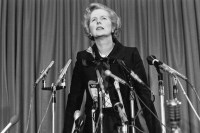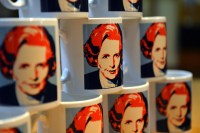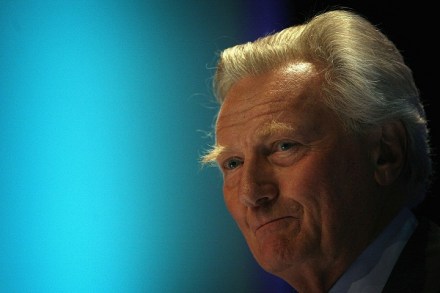Lord Bell savages ‘pygmy’ Cameron
Lord Bell, AKA the King of Spin, made some noise at the annual Freedom Dinner (established by libertarians to mark the anniversary of the smoking ban) last night at Canary Wharf’s cavernous Boisdale. He had stern words for the anti-tobacco lobby: ‘There is not one shred of scientific evidence of the existence of passive smoking and it’s one of the more terrible lies told by a democratically elected government in the world.’ Bell, though, was only getting going. He aimed his real fire at some recent prime ministers, saying: ‘We could do that Blair devil eyes campaign, because he is actually the devil.’ He expanded on the demonic theme (although it
